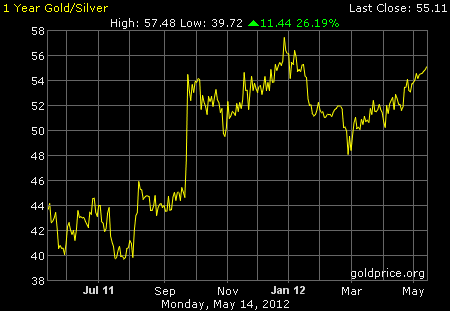CFTC takes wait-and-see approach on Volcker rule

(Reuters) - The U.S. futures regulator may break with other agencies on a much-anticipated plan to ban most proprietary trading by banks, and could opt to put forth a slightly different version of the Volcker rule.
An independent approach from the Commodity Futures Trading Commission could raise questions about coordation and embolden banks to challenge the Volcker rule, although the agency — which polices futures and derivatives markets - is not believed to play a central role in implementing it.
Gary Gensler, the head of CFTC, is taking a “wait and see” approach to the rule, a key provision in last year’s Dodd-Frank oversight law that would prohibit banks from trading for their own profit in securities, derivatives and certain other financial instruments.
It also would prohibit banks from investing in or sponsoring hedge funds or private equity funds.
“He said we might, if it’s the will of the commission, put forward … a virtually identical proposal with the other regulators, or we could go it alone,” said Scott O’Malia, a Republican commissioner at the CFTC, who said he had spoken to Chairman Gensler on Friday. “He’s not committing either way.”
Both the Federal Deposit Insurance Corp and the SEC are scheduled to vote next week on the Volcker rule, which has already forced banks to scale back previously lucrative proprietary trading.
O’Malia said the decision was a bit of a surprise because in past rules, such as financial product definitions with the SEC and documentation with the FDIC, the CFTC worked with the regulators on the rules.
“It is odd when you look at in the past when there’s been a kind of a negotiated solution of otherregulatory agencies that we must do this,” he said.
A source familiar with the CFTC’s thinking said Gensler is waiting to see how Congressional lawmakers react to the Volcker rule proposal before deciding how to move forward.
A CFTC spokesman could not be reached for comment.
TANGENTIAL
A person familiar with the rulemaking process said the CFTC is only tangentially mentioned in the Volcker rule, and it is unclear what the implications would be if the CFTC takes an alternative approach.
The futures regulator could chose to define a hedge fund and private equity fund in a rulemaking with the Securities and Exchange Commission, or it could chose to embrace the rule drafted by the SEC, this person said.
A September 30 draft of the rule that was leaked earlier this week listed the staff of 4 different regulators that had worked on the plan, but the CFTC was not among them. It later said the staff had consulted the CFTC on the proposal.
Supporters such as Democratic Senators Carl Levin and Jeff Merkley say the Volcker rule, will prevent banks, which enjoy government support through deposit insurance and access to Fed funding, from engaging in risky trades and force them to focus more on their customers’ needs.
Wall Street banks such as Goldman Sachs and Morgan Stanley are watching whether the rule will still give them flexibility to hedge risk, and whether it will have a broad enough exemption for market makers.
Banks have said that if the regulations written to enforce the Volcker rule are too stringent, it could strip billions of dollars from Wall Street profits, hurt market liquidity and place U.S. financial companies at a disadvantage .

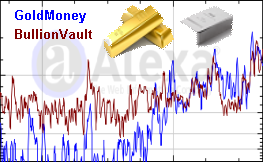

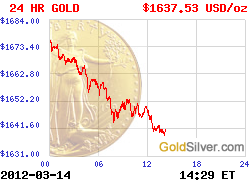
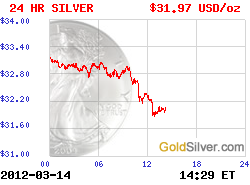
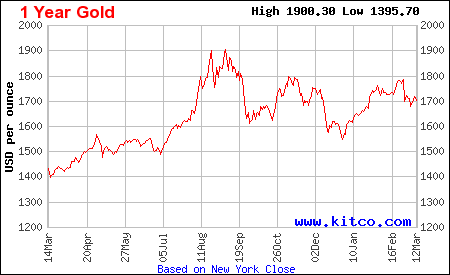 More Charts: 1-Month, 1-Year, 5-Year, 10-Year
More Charts: 1-Month, 1-Year, 5-Year, 10-Year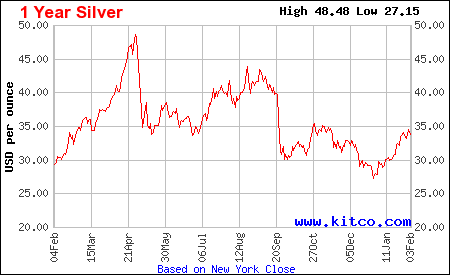 More Charts: 1-Month, 1-Year, 5-Year, 10-Year
More Charts: 1-Month, 1-Year, 5-Year, 10-Year